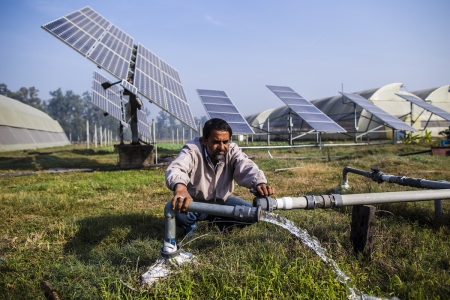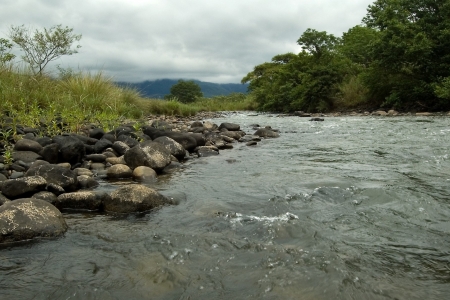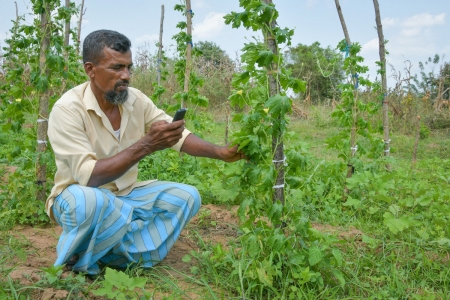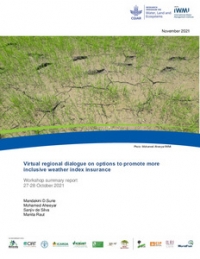The implementation of the scheme of Rewards for Ecosystem Services in the Canete watershed in Peru will start in 2015 and monitoring and evaluation activities are expected in the long run. However, these activities are more related to the fund resources execution rather than on the impacts on this scheme on livelihoods and equity. Also, previous studies in this watershed focused on water balance and economic valuation with few efforts on understanding the current status of human wellbeing dimensions and how these affect or not the adoption of conservation measures. Consequently, any activity oriented to build the baseline upon which such impact assessment and monitoring can be conducted is needed. In this respect, CIAT will contribute to this process by collecting data to build a baseline upon which the impact assessment of rewards for ES on livelihoods and equity will be possible. This activity will also incorporate a component oriented to identify the most important factors that determined the adoption of previous conservation efforts; the identification of these adoption determinants will be useful for RES managers when implementing the activities funded with the recently created Fund for RES. The baseline will allow us to anticipate in an ex-ante manner, the likely effects on these rewards on local livelihoods and equity. This activity is rooted on the long term agreement between CIAT (with support of WLE) and Ministry of Environment in Peru where CIAT provides advice on various technical/scientific aspects of RES in the country. The results of this study will inform MINAM, who has the official role of evaluating RES schemes, about the social impacts of these schemes. This information is expected to further support more efforts of MINAM when promoting these schemes in the country by providing evidence on the impacts on RES on human wellbeing. To do this, basic assessment of opportunity cost of three-four interventions funded by the PES, including preferences from a choice experiment in the communities, will be applied in ex-ante scenario analysis on the data from household surveys. The study will include 10 communities that will benefit from the PES. The PES scheme is expected to impact communities that manage 16,000 ha (aprox). Main research questions are: What are the socio-economic impacts of the Rewards for Ecosystem Services (RES) scheme? Does the RES reward reduce household vulnerability through impacts in production and income?Does the RES improve food security? How does the RES affect people not receiving rewards for ES?. The baseline of the study will include control and treated (with PES) households, where information on the following aspects will be included: • Demographic characteristics • Migration • Off farm Employment • Food security • Income changes and stability/volatility • Subsistence hunting and gathering • Agricultural Production and practices, including livestock • Government/NGOs support • Gender disaggregated analysis • Cultural values (to be defined)
menu


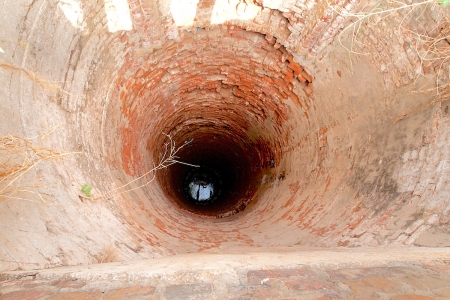


/index.jpg?itok=EzuBHOXY&c=feafd7f5ab7d60c363652d23929d0aee)


